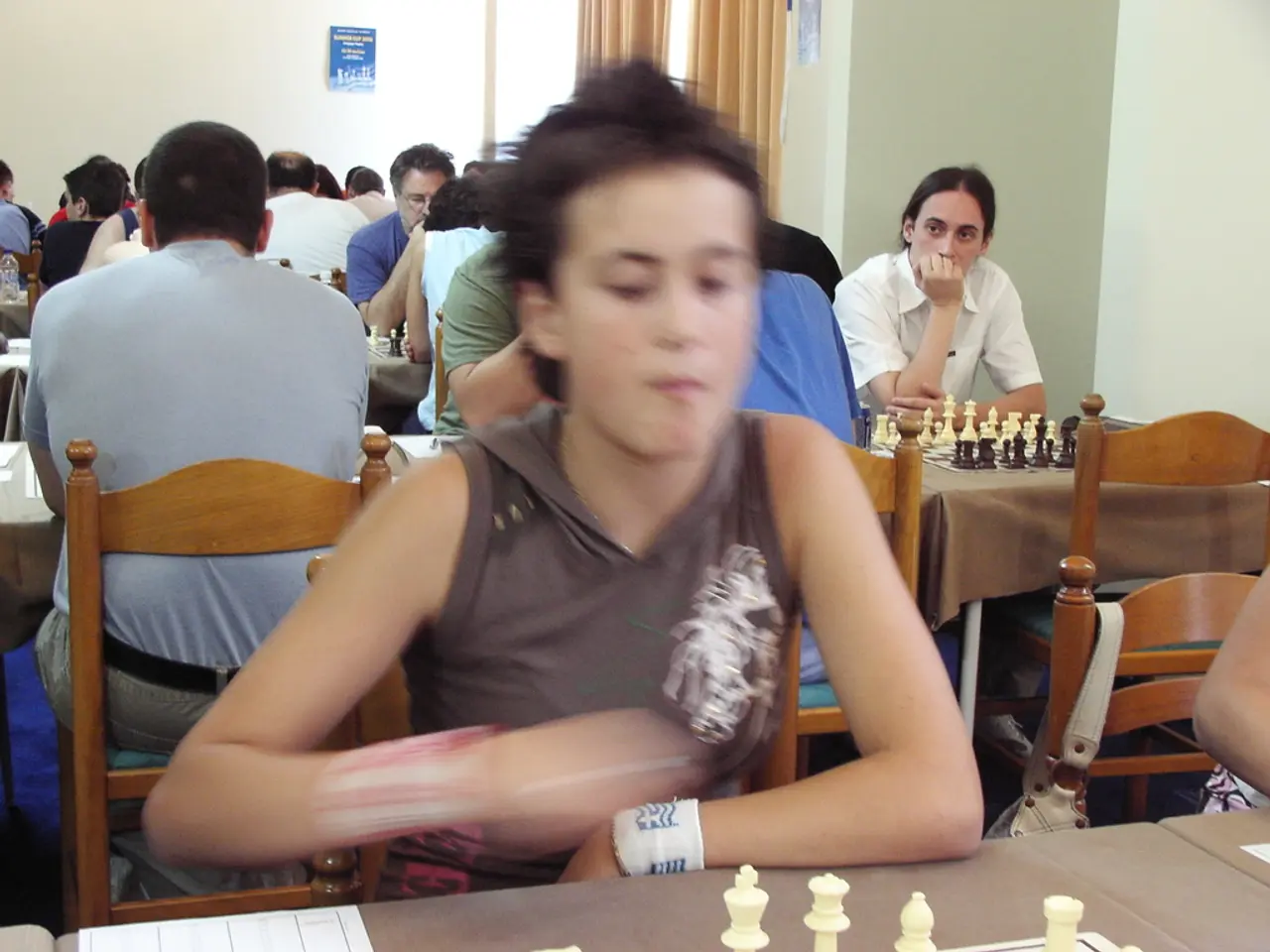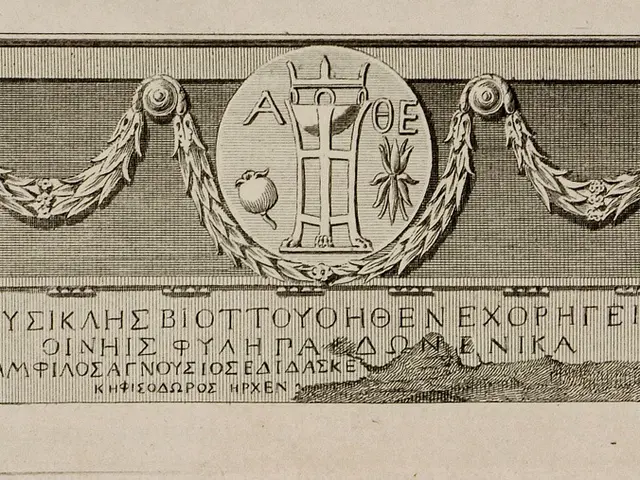"Celebration of Kabala and the future of the Moscow Art Theater"
The Moscow Art Theatre, a renowned institution of Russian theatre, has once again brought the iconic play "Moliere" to life. In this new production, Russian actor Konstantin Khabensky takes on the role of Moliere, a role previously held by Oleg Yefremov and Innokenty Smoktunovsky.
The play, originally titled "The Cabal of the Holy Whores," was written by Mikhail Bulgakov and premiered at the Moscow Art Theatre in 1936, running for seven successful performances. However, the play was later removed from the repertoire following an editorial article published in "Pravda."
Rehearsals for "Moliere" were marked by significant changes in artists, main actors, and revisions to the script. Some actors did not live to see the premiere of the play. Bulgakov, who had served as an assistant director for six years at the MHT, submitted his resignation due to the play's removal.
In 1988, the play returned to the Moscow Art Theatre in a production by Adolf Shapiro. The production featured Oleg Yefremov as Moliere and Innokenty Smoktunovsky as King Louis. However, it is not specified whether this production was met with any controversy or censorship.
In 2001, a new version of the same production was released, with Oleg Tabakov in the lead role. This version was followed by another in the same year, with Khabensky taking on the role of Moliere.
The play's political undertones were revealed by Platon Kerzhentsev, chairman of the Committee on Arts Affairs, to Stalin, who deemed the hidden political subtext of Bulgakov's work inappropriate. One critic, Litovsky, accused Bulgakov of being devoid of ideas and portraying the great dramatist as an incestuous figure.
Bulgakov himself expressed his struggles with working in an environment where his work was censored, stating, "It's hard for me to work where they've killed 'Moliere'." Despite this, the Moscow Art Theatre did not attempt to fight for the play's inclusion in the repertoire.
For more details about the latest premiere of "Moliere" at the Moscow Art Theatre, featuring Khabensky and Nureyev, readers can turn to "Kommersant." The article provides a comprehensive account of the production and the continued tradition of bringing Bulgakov's masterpiece to life on the stage.








